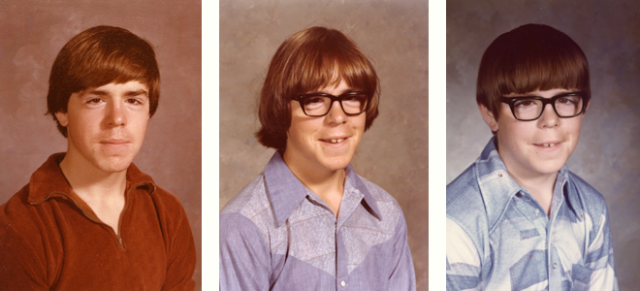Learning with a Traumatic Brain Injury will be determined by the severity of the injury along with the desire and effort to learn. They seem to be a contradiction since the cognitive skills used for learning (attention, memory, understanding, etc.) are the same that become damaged during a brain injury.
(Read about the cognitive difficulties TBI survivors face.)
With regards to my injury, no one knew the recovery I would make, no one told me what I could or could not achieve and I have poor awareness of my abilities. These conditions lead me to believe I could regain my health again and return to my prior activities. This conclusion was wrong and guided me through a great amount of frustration. I’m thankful for my lack of awareness if I have the thought I’ll accomplish something.
Learning is wearisome with a brain injury. I soon become tired, my brain has less capacity for concentration, my thoughts are slower and the right side of my body stiffens when I tire. The one thing I can do is sit in a chair, look at a computer screen and ponder what to design for a couple of hours. I need a quiet room and earplugs with few interruptions if I want concentrate.
Soon After my injury I created the “Healing Images” shown on this website. I made them because I didn’t want to be denied doing an activity I enjoyed when I’ve been refused many other activities since my injury. I also wanted some understanding of what happened. Without knowing it I was doing art therapy, helping me deal with the injury emotionally and mentally.
I needed to read books about design principles, understand it and decide how to apply it. In short I was re-learning what I knew before the injury. It went slow, it took me approximately five years to finish making the images.
I believe that keeping busy thinking and doing what you enjoy will greatly benefit the healing process.
After remembering how to work with photoshop software I tried to re-learn other computer graphic software and HTML.
The struggle of understanding what I read and the judgement of my decisions I learn through trial and error. It takes me a half dozen or more tries to understand what I need to do and get the results I want. Everything is a learning moment.
Often I give-up at trying to solve a problem since I don’t understand why I can’t get the results I want. What keeps me going is the small steps of improvement, seeing my vision and the wish to do things right. There are projects with less meaning that I’ve abandoned. I’m grateful for the people who share their knowledge on the internet or my work wouldn’t exist.







